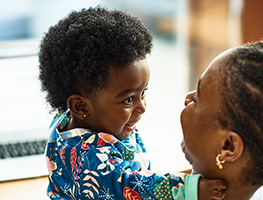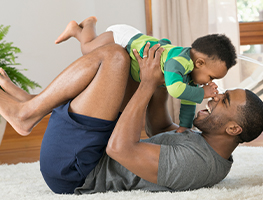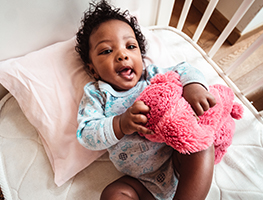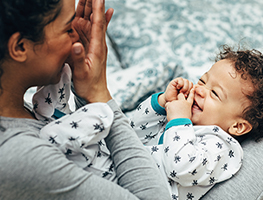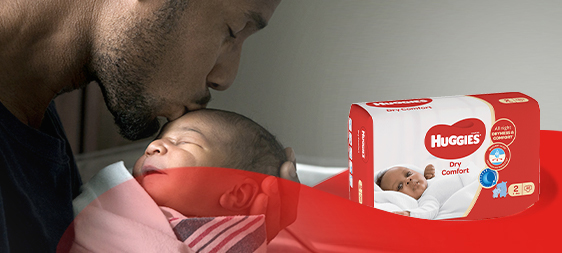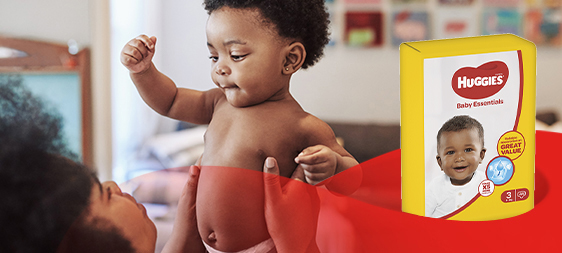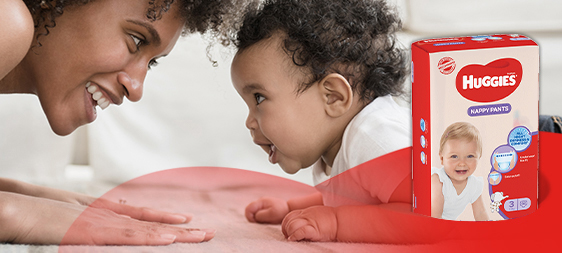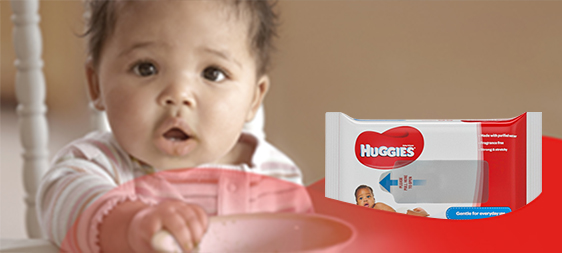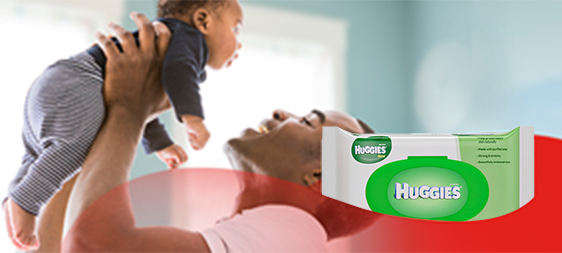While parents are excited to hear their baby’s first words, psychologists say that words aren’t the only indication of language development.
Here are four signs that your baby could be talking in no time:
1. Famous first words
When babies are about 10 months old, they may suddenly produce their first recognisable words. More often than not, the very first words are “Da-da” and “Ma-ma.” These utterances are really abbreviations of words. They could be saying something like “Ba” for bottle, “cuh” for cup, “mo” for more. For now, simple sounds like these are all a baby can manage, and they’re easy enough for parents to translate.
2. Understanding what you say
One very important sign that your baby is learning to talk is that he or she understands more and more of what you say. Words such as Mommy, Daddy, baby, shoe, ball, juice and cookie are probably understood now, or will be soon. A baby may now also understand names of family members or pets.
3. Waving bye-bye
For the first time, baby may be able to follow a simple instruction such as “Wave bye-bye,” “Bring me the teddy bear,” “Stop that” or “Kiss me.” This shows that your baby has learned not only separate words and their meanings, but can also understand a whole idea expressed in words. This is an important milestone in language development, and it is a good sign that your baby will be talking before you know it.
4. Babbling
A baby may also begin what psychologists call “jargon” or “pseudo” conversations. Your baby will babble just as if talking in sentences–imitating an adult’s speech pattern, facial expression and tone of voice. This conversational babble is another sure sign that your baby is getting ready to talk.
Keep on talking to your baby in ordinary conversation, repeating the names of familiar objects and describing what you’re doing. A major event in the lives of babies and parents is about to take place– it’s your baby’s first words!






